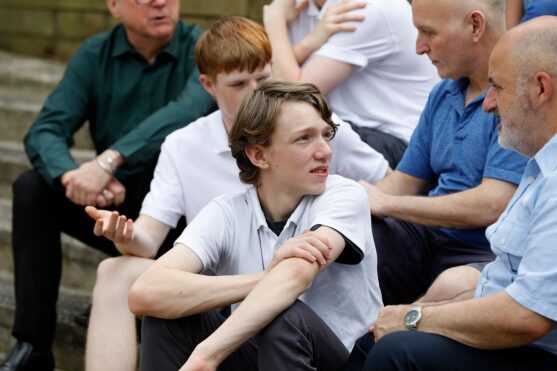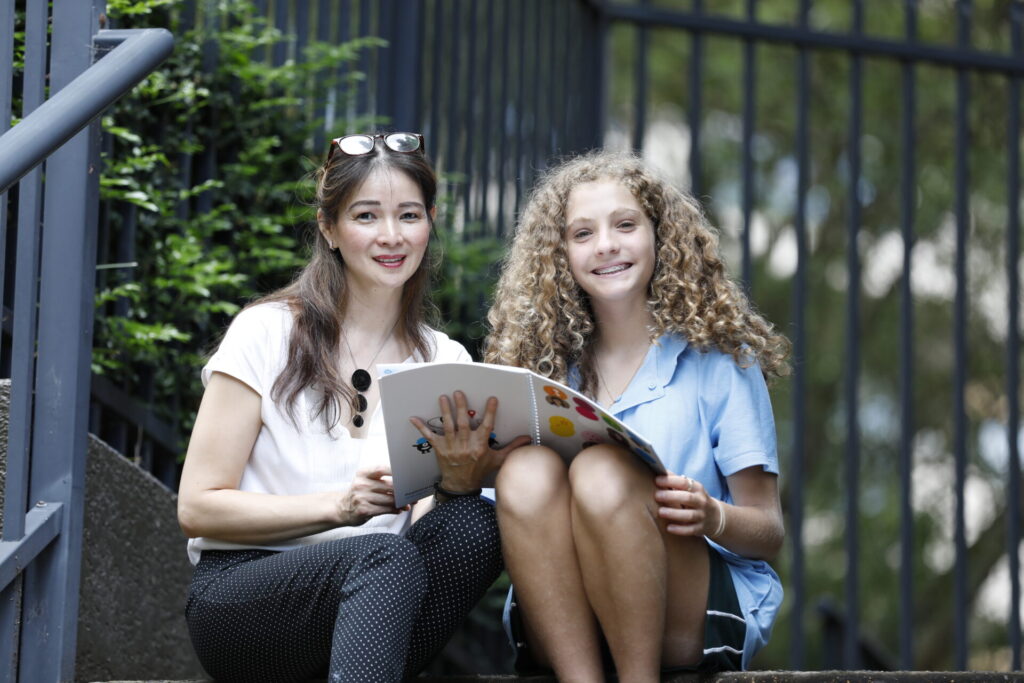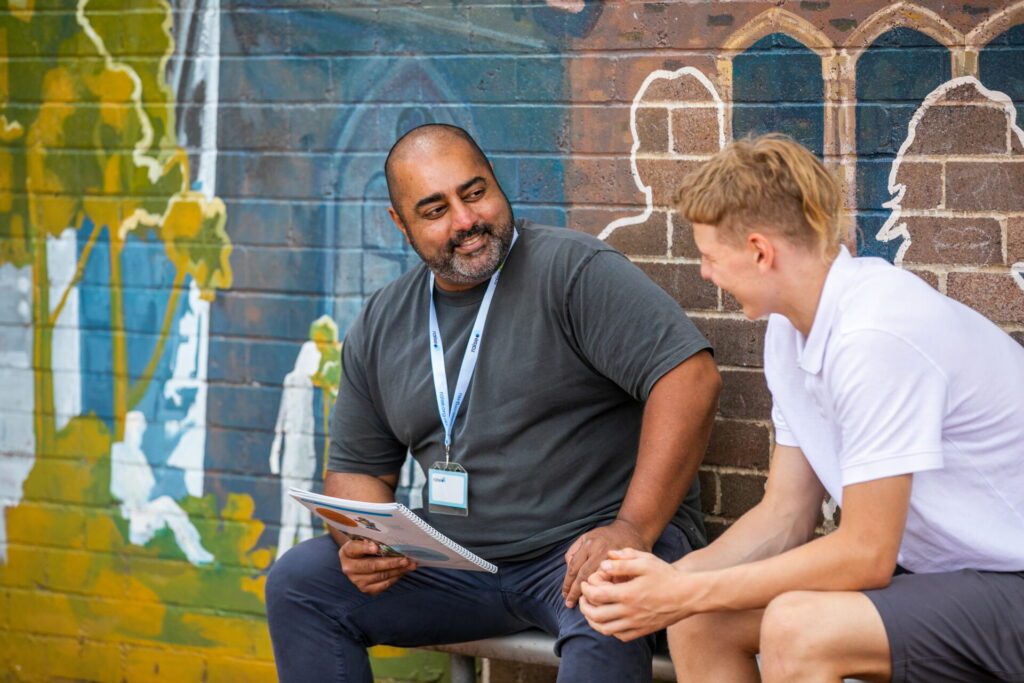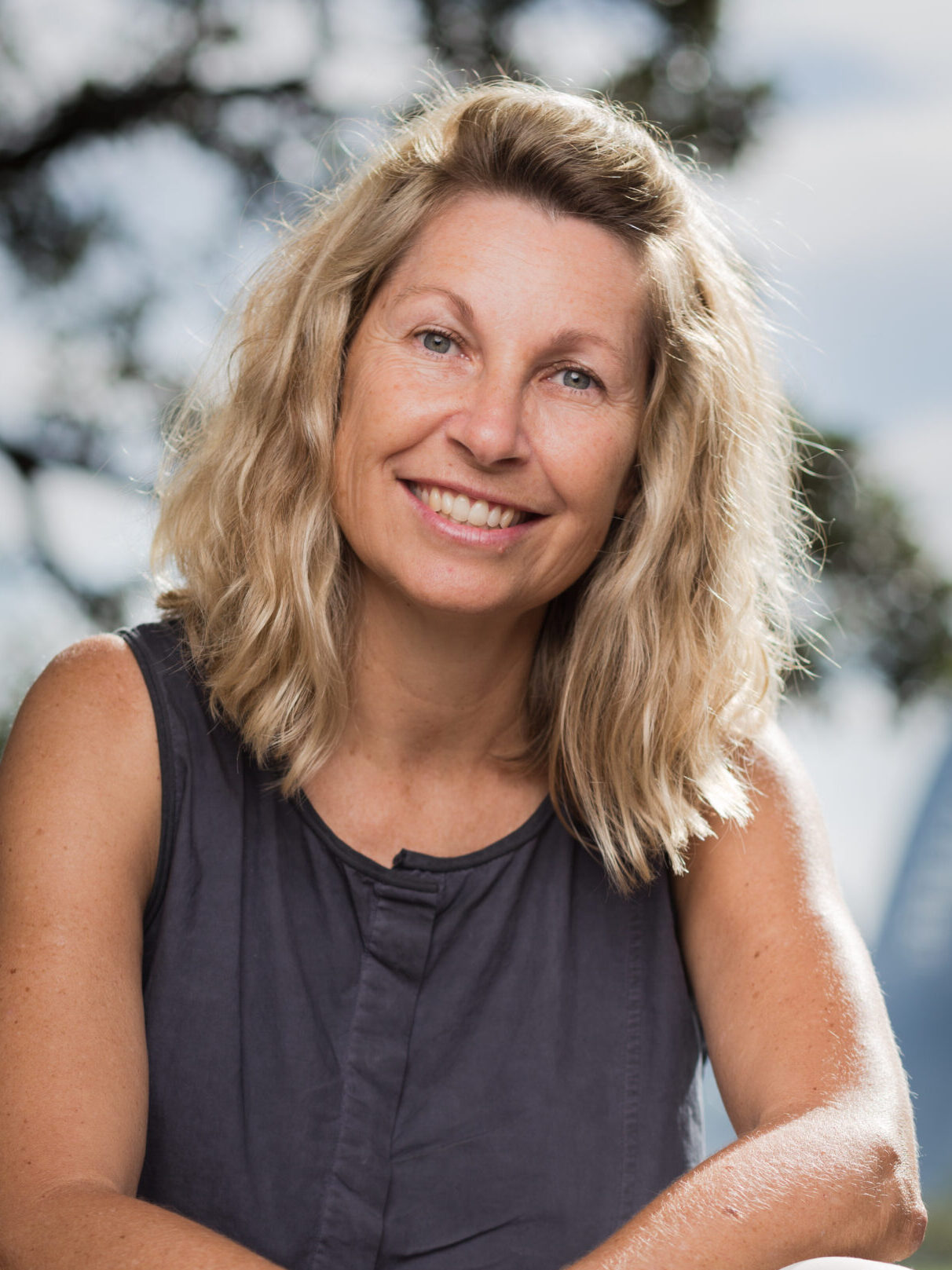Raise: Research highlights pressures experienced by young people today

Two important education reports were launched this week at an event hosted by David Gonski AC. The 2024 Australian Youth Barometer: Understanding Young People in Australia Today and the Independent Evaluation of the Raise Mentoring Program highlight the multiple demands on young people’s mental health. The Raise report outlined philanthropically supported programs having positive outcomes the space.
The Australian Youth Barometer is developed by the Monash Centre for Youth Policy and Education Practice (CYPEP) and examines interconnected dimensions of young people’s lives. The Independent Evaluation of the Raise Mentoring Program: Final Outcome Evaluation Report was conducted by the University of Melbourne and the Social Outcomes Lab, which Raise CEO Vicki Condon called groundbreaking in its nature.

The Raise evaluation measured outcomes for young people compared to a control group who had not taken the programs, which is valuable data not normally collected in the sector, she said. An innovative calculation of a social return on investment (SROI) was also calculated in relation to avoided future costs to the health and welfare systems.
Panellists at the launch with David Gonski and Vicki Condon were Professor Lucas Walsh, Director of CYPEP and lead author of the Barometer report; Rachel Christie, GM of Mission Australia’s Centre for Evidence and Insights; Lucy Snowball, Date and Youth Insights Director at Raise and Doug Taylor, CEO of the Smith Family.
Key themes covered in the Australian Youth Barometer include the economy, work, education, wellbeing, relationships with family, friends and partners, the impact of technology and social media and young people’s civic participation in society, including experiences of belonging and exclusion.

The national study, which has been conducted every year since 2021, examined the views of more than 600 young Australians aged 18-24 and found:
- 98% of young Australians reported having at least one feeling of anxiety or pessimism
- 86% of young Australians experienced financial difficulties in the last 12 months, with just over a quarter (26%) reporting they did so often
- Only half of the respondents (53%) think that it is likely that they will achieve financial security in the future
- A majority (62%) think they will be financially worse off than their parents
- In the last 12 months, only 56% of young Australians often felt like they belonged when they spent time with friends.
Professor Lucas Walsh said: “The results reported by young Australians are staggering. We’ve consistently found that each year the findings have been troubling, but what is emerging from four years of data are persistent feelings of anxiety, isolation, pessimism and mental health issues. Young people need our help now.”
David Gonski, a patron of Raise, said that he believed mentoring programs were key in mitigating many of the negative outcomes highlighted in the report. “Having a mentor gives one the courage to do things which one may not normally have the courage to do. I believe in mentorship for the mentor and the mentee, and I believe Raise has hit the mark by creating thriving communities and connecting young people with positive role models,” he said.
“The concept of taking those who have a disadvantage and assisting them to achieve their goals is both excellent and commendable. Raise programs are changing community and changing our country.”
The independent evaluation of the Raise Mentoring Program, which was funded by federal government, found that:
- Compared with like students in the same school, Raise mentees have better outcomes after six months of mentoring. This includes consistent growth in all measures of help-seeking, socio-emotional wellbeing and school engagement, as well as school attendance
- For every $1 invested in Raise mentoring, $4.37 is returned in avoided costs to the health and welfare system and in benefits to the tax system
- The main goal of the Raise Mentoring Program is to improve outcomes in resilience, school belonging, hope for the future and help-seeking for young people at risk of disengagement from education or poor wellbeing.

Raise CEO Vicki Condon, pictured below, said: “We’ve never done an SROI before because wellbeing is hard to measure, and it is a challenging time for schools to participate right now. This is a unique study for our sector and our type of program. It’s exciting to get these strong positive outcomes.

“Our private donors are very passionate about their investment, along with our corporate partners, and now they can see that for every dollar invested, there is a $4.37 return in terms of savings to the health and welfare system in the future. Having that robust SROI is rare and it speaks to a big-picture impact of our programs.
“To be able to hand-on-heart say to our donors that this program works is very powerful,” she said.
The Raise mentor program runs in schools and involves young people who are at risk of disengagement meeting a mentor of their choice on a 1:1 weekly basis for six months. Vicki said that one of the most significant outcomes was around improved rates of help-seeking.
“There’s so much going on for young people with social media and issues like bullying and social isolation. Giving them the confidence to reach out to a trusted adult for help if they are struggling with their mental health is a critical factor in achieving a positive outcome to situations when they feel at risk,” she said.
“Improved school attendance was also one of the key outcomes. Young people are more likely to come to school because they know that their mentors are going to be there for them.”
Doug Taylor spoke about the experiences of young people that he sees at The Smith Family echoing the findings of the barometer research and the difference programs like Raise make. “There’s a clear relationship between the wellbeing of a young person and their school attendance and in turn, school completion. This is why this conversation about Raise’s recent evaluation is timely,” he said.